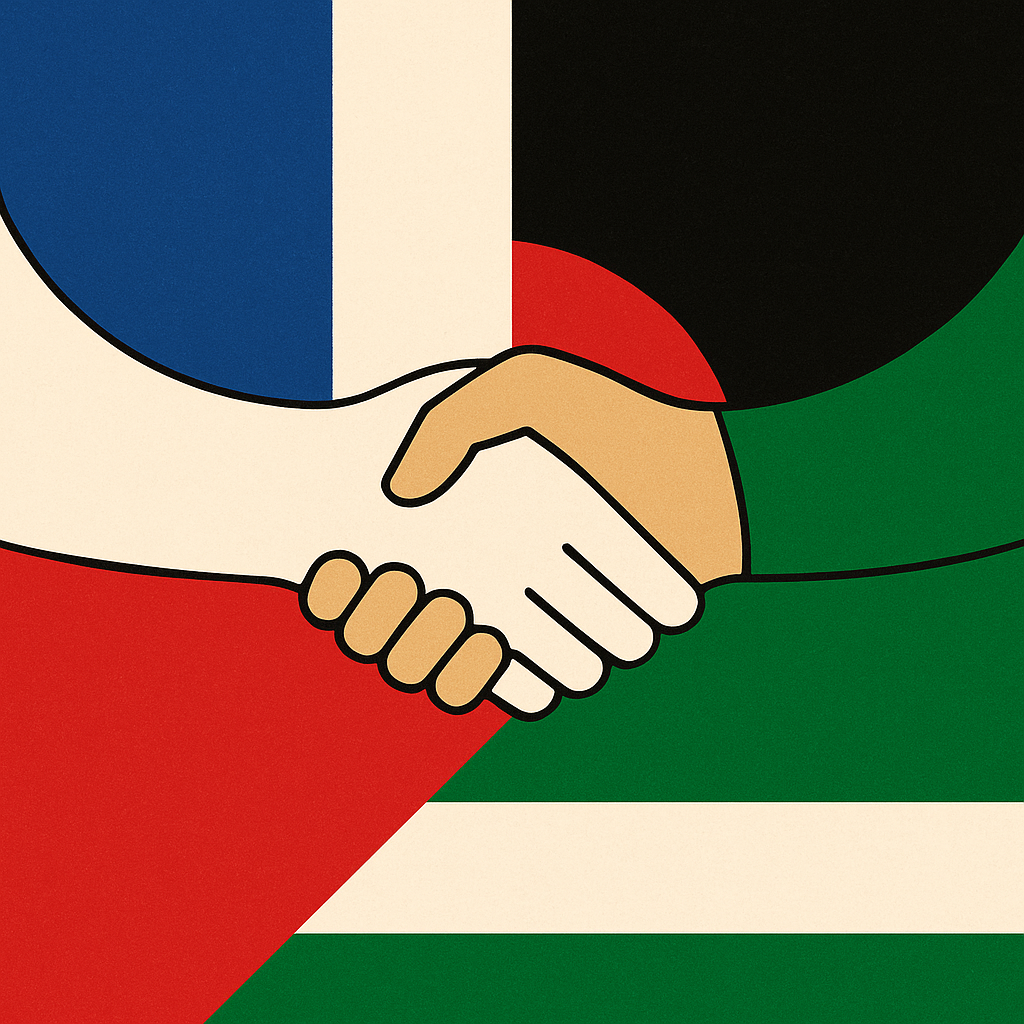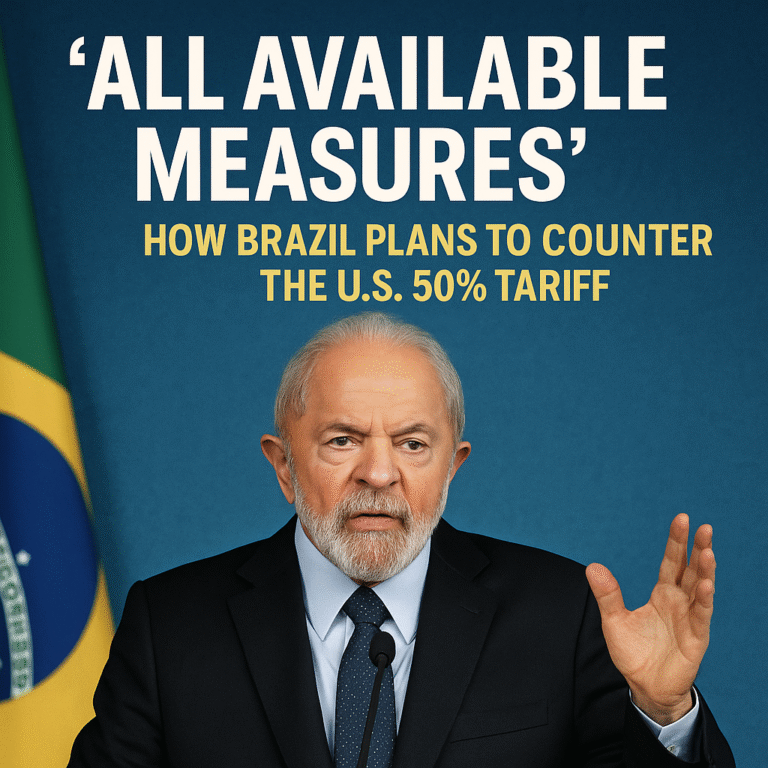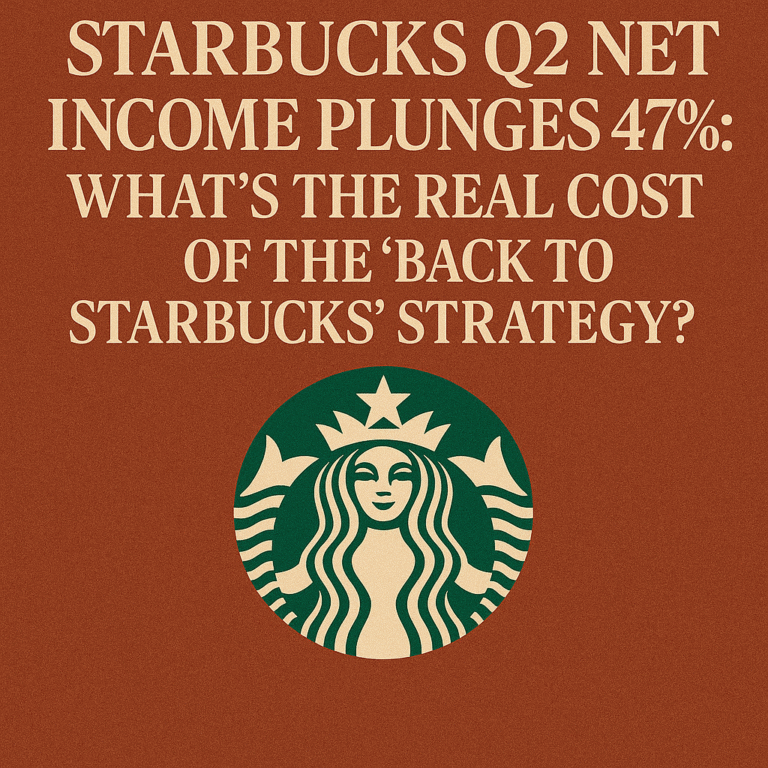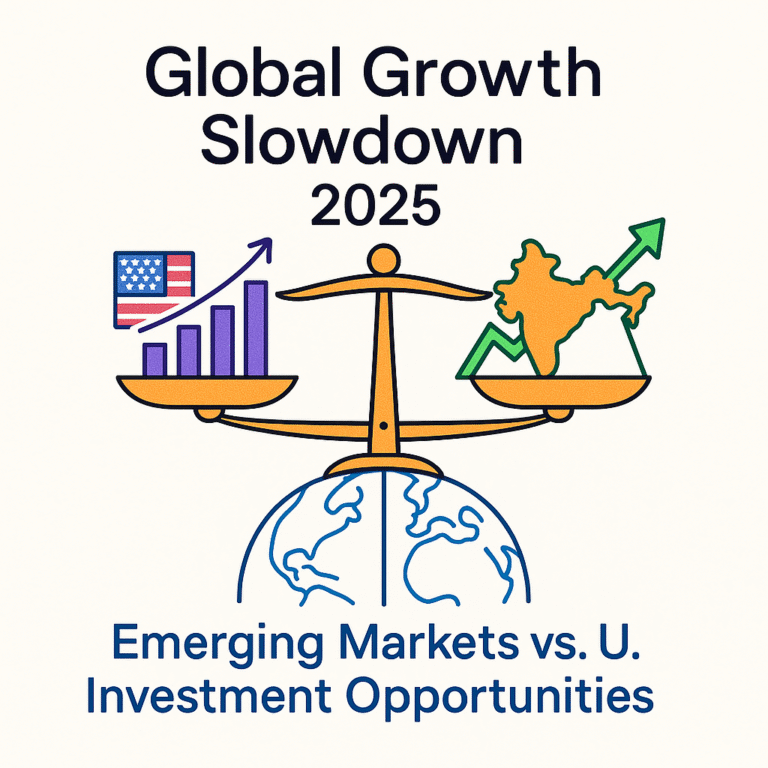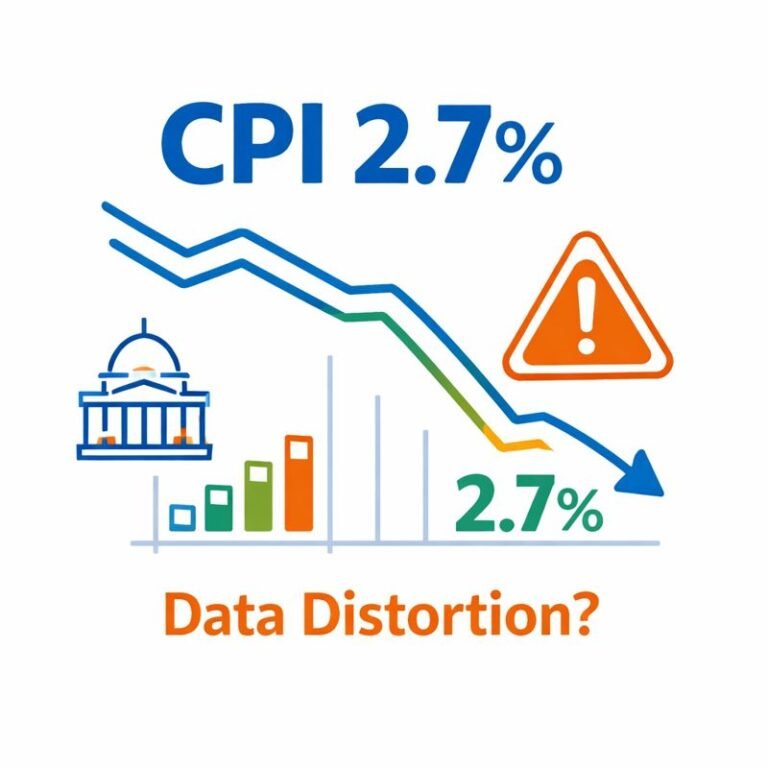France’s Plan to Recognize Palestine: A Catalyst for Middle East Diplomacy?
President Emmanuel Macron has announced that France will recognize the State of Palestine and plans to make an official declaration at the UN General Assembly in September.
Key Takeaways
On July 24 2025, French President Emmanuel Macron announced on X that France will recognize the State of Palestine and intends to make a formal declaration at the UN General Assembly in September. As the first major Western power to commit to recognition, France’s move could reshape debates over the two‑state solution and Middle Eastern diplomacy.
Macron’s Announcement
Macron framed his decision as part of France’s historic commitment to a “just and lasting peace in the Middle East”. In a letter to Palestinian Authority President Mahmoud Abbas, he said the urgent priority is to end the Gaza war and rescue civilians, and that a viable Palestinian state must recognize Israel and accept demilitarization. He intends to announce the recognition at the UN General Assembly in September, after postponing a June peace conference co‑hosted with Saudi Arabia.
Why the Recognition Matters
Of the 193 UN member states, 142 already recognize or plan to recognize Palestine, but the United States, United Kingdom and Germany do not. Norway, Ireland, Spain and Slovenia recognized Palestine in 2024; France, the largest EU member and a G7 nation, would be the most influential country to do so. France hosts Europe’s largest Jewish and Muslim populations, and Macron has sought a balanced mediator role in the conflict. His decision may increase pressure on other Western governments and signal renewed commitment to the two‑state solution.
Divided International Reactions
The announcement triggered both praise and criticism. Israeli Prime Minister Benjamin Netanyahu condemned the move as rewarding terrorism and creating another Iranian proxy. He argued that Palestinians want to replace Israel rather than live alongside it. Israel’s defense minister called it “a disgrace and a surrender to terrorism”. U.S. Secretary of State Marco Rubio called the plan reckless and a slap in the face to victims of Hamas attacks, reiterating that unilateral recognition runs counter to U.S. policy.
By contrast, Palestinian Authority vice president Hussein al‑Sheikh welcomed the announcement as supporting Palestinians’ right to self‑determination. Hamas called it a positive step toward justice for oppressed Palestinians and urged other countries to follow France’s lead. Spain’s Prime Minister Pedro Sánchez hailed the decision as historic and urged protection of the two‑state solution. Saudi Arabia praised the move and called on other states to recognize Palestine. The UK and Canada, meanwhile, adopted a more cautious stance.
Summary of Key Positions
|
Actor |
Position & Context |
Quote or Key Phrase |
|---|---|---|
|
Emmanuel Macron (France) |
Plans to announce recognition at September UN General Assembly; emphasizes ending the Gaza war and pursuing a two‑state solution |
“We will recognize the State of Palestine” |
|
Benjamin Netanyahu (Israel) |
Condemns the decision as rewarding terror and creating another Iranian proxy |
“Palestinians want a state instead of Israel” |
|
Marco Rubio (U.S. Sec. of State) |
Calls the plan reckless and opposes unilateral recognition |
“This decision feeds Hamas propaganda” |
|
Hussein al‑Sheikh (PA) |
Welcomes recognition as support for Palestinian self‑determination |
“A decision supporting international law” |
|
Spain & Saudi Arabia |
Applaud France and urge others to follow |
“We must protect the two‑state solution” |
Outlook and Implications
If France formalizes recognition in September, it could intensify pressure on other Western governments to consider similar moves and energize advocates of the two‑state solution. The decision may also strain Franco‑Israeli relations; Israeli officials have hinted at curtailing intelligence cooperation and other bilateral ties. On the diplomatic front, France and Saudi Arabia will host a ministerial conference in July and a heads‑of‑state meeting on the sidelines of the UN General Assembly to outline a roadmap for a Palestinian state.
The move may also bolster unity among Palestinian factions. Both the Palestinian Authority and Hamas praised France’s stance, which could foster a rare consensus and encourage broader international solidarity. Observers will watch whether this momentum leads to tangible peace negotiations or merely heightens regional tensions.
Balancing Peace and Politics: What Comes Next?
France’s plan to recognize Palestine is a pivotal development in 2025. Macron frames it as part of France’s historical commitment to peace and intends to make a solemn announcement at the UN General Assembly. Yet Israel and the United States view the move as misguided and dangerous. Whether the recognition becomes a catalyst for renewed diplomacy or sparks further discord will be tested in the months ahead as world leaders gather in New York.

